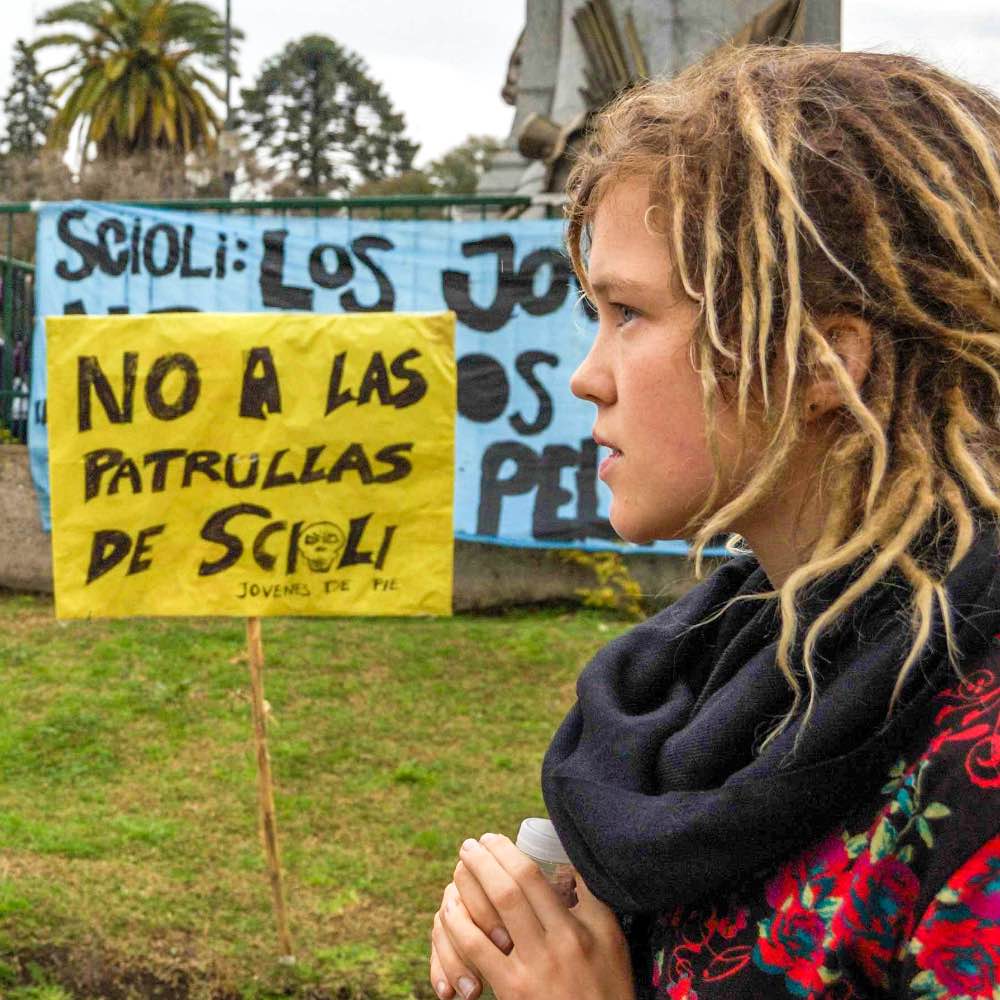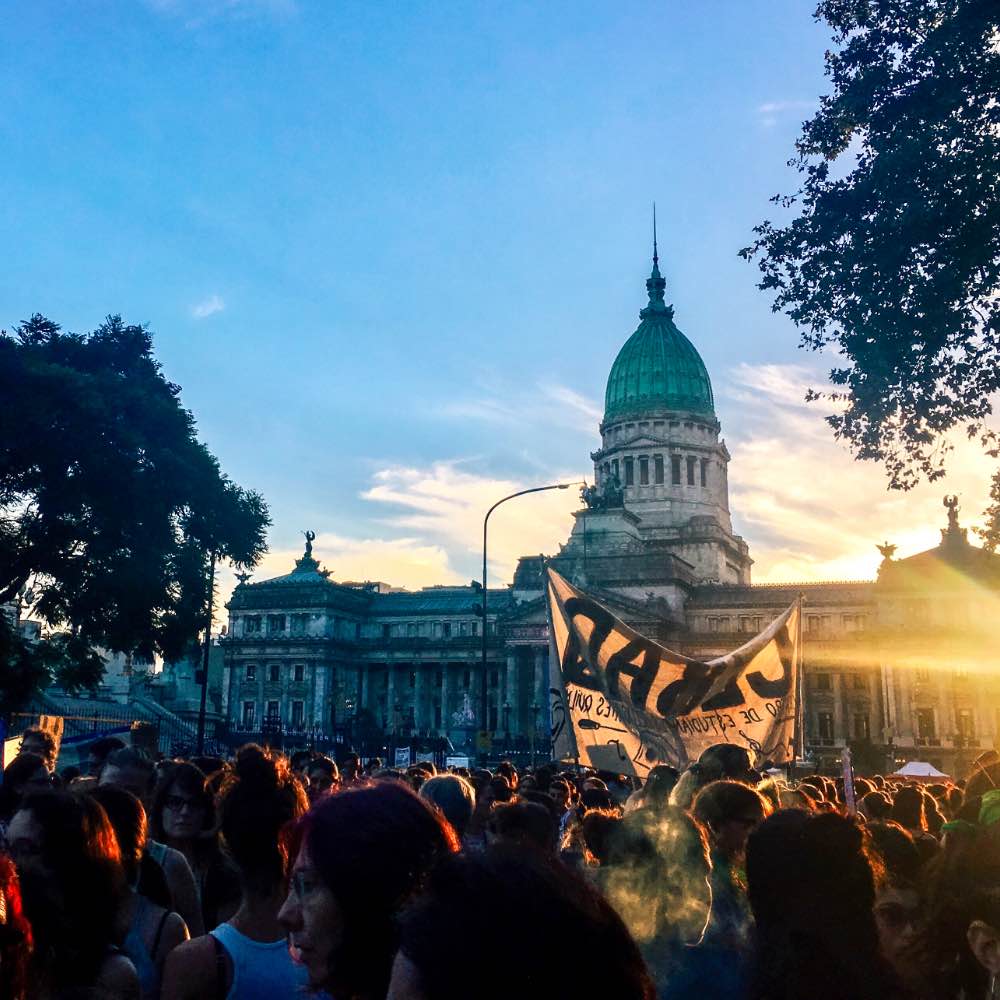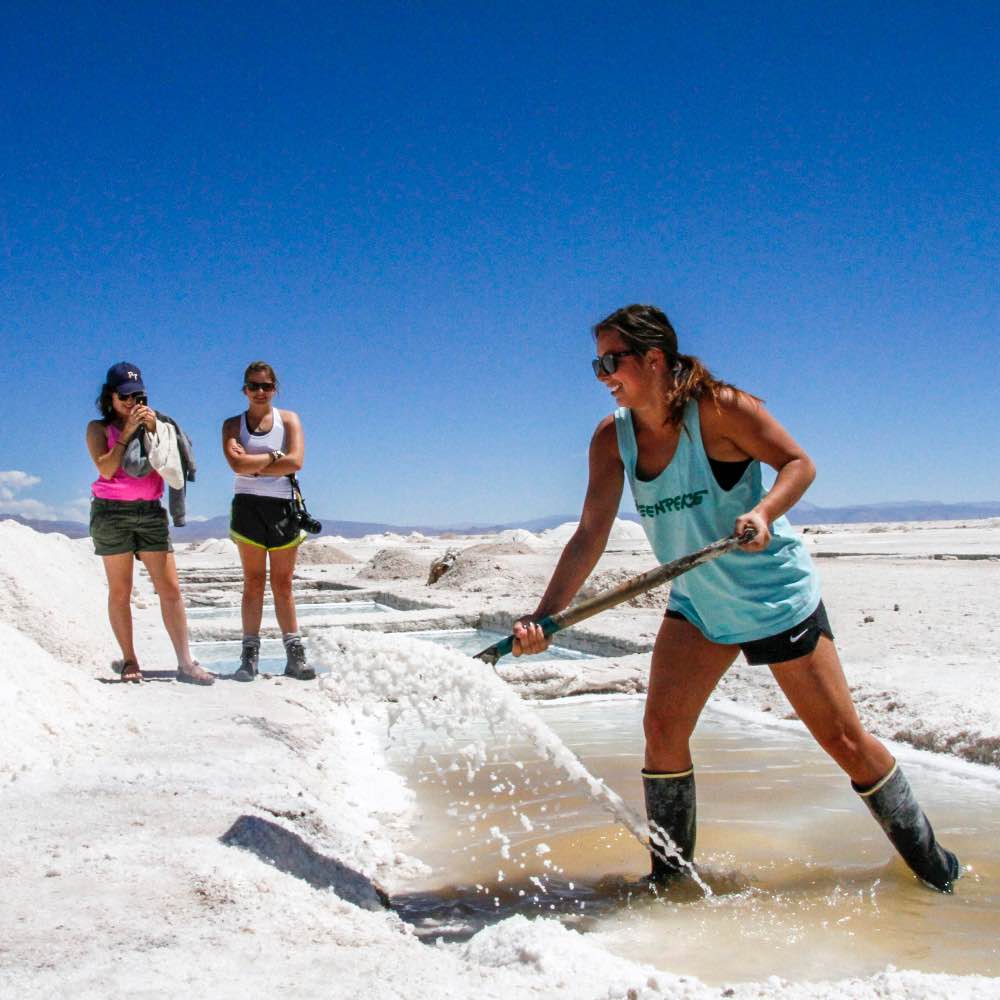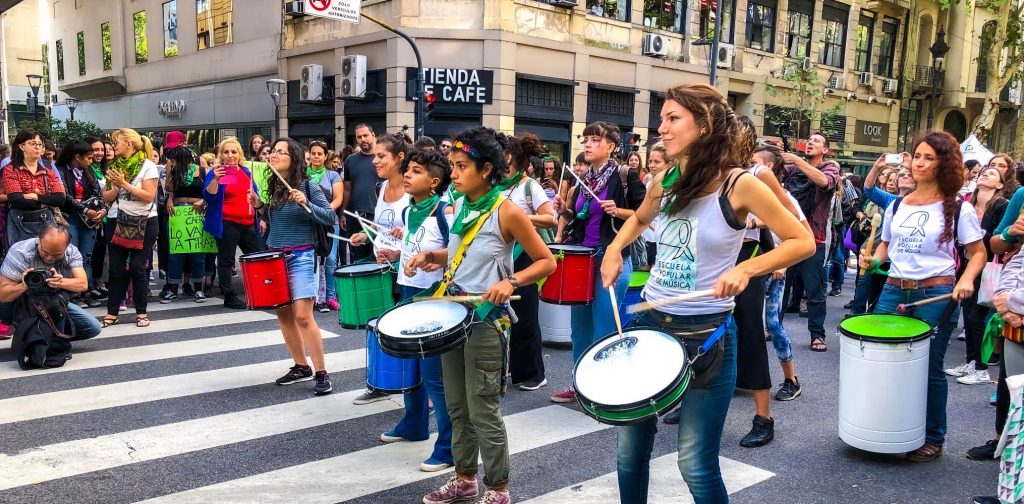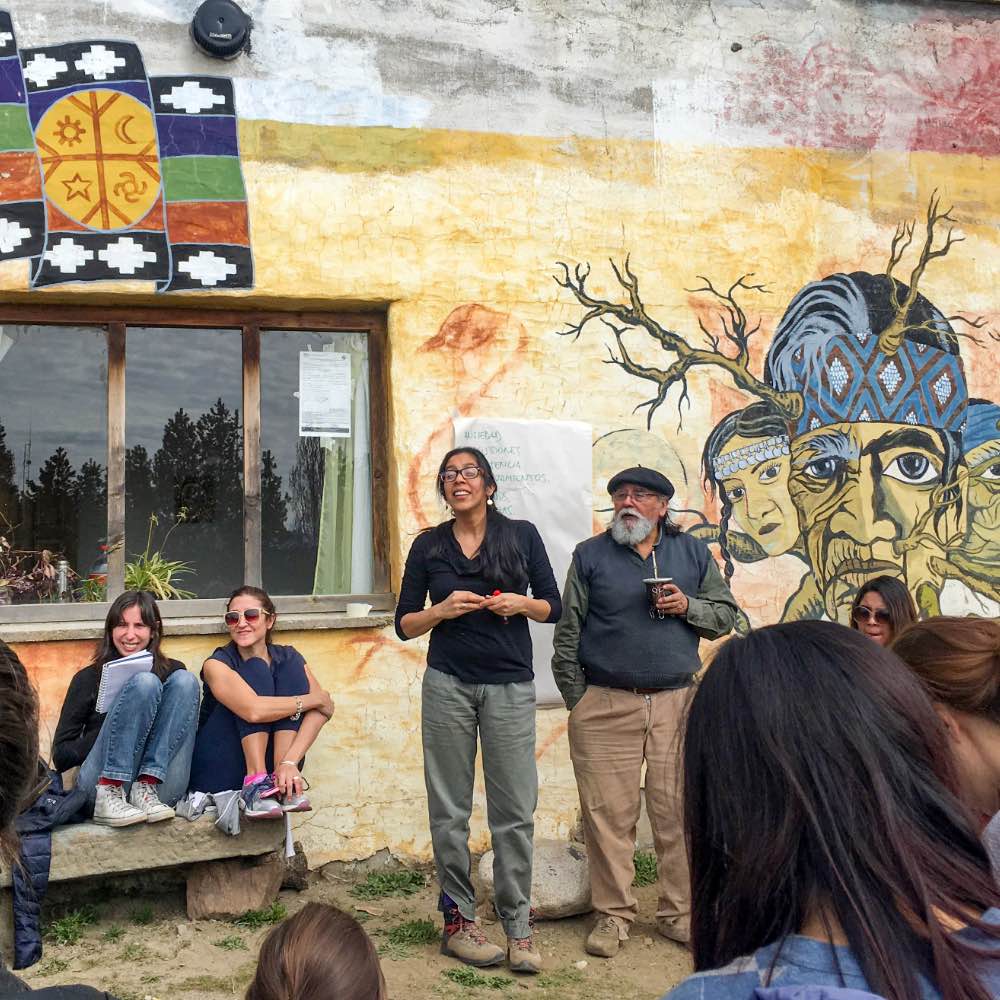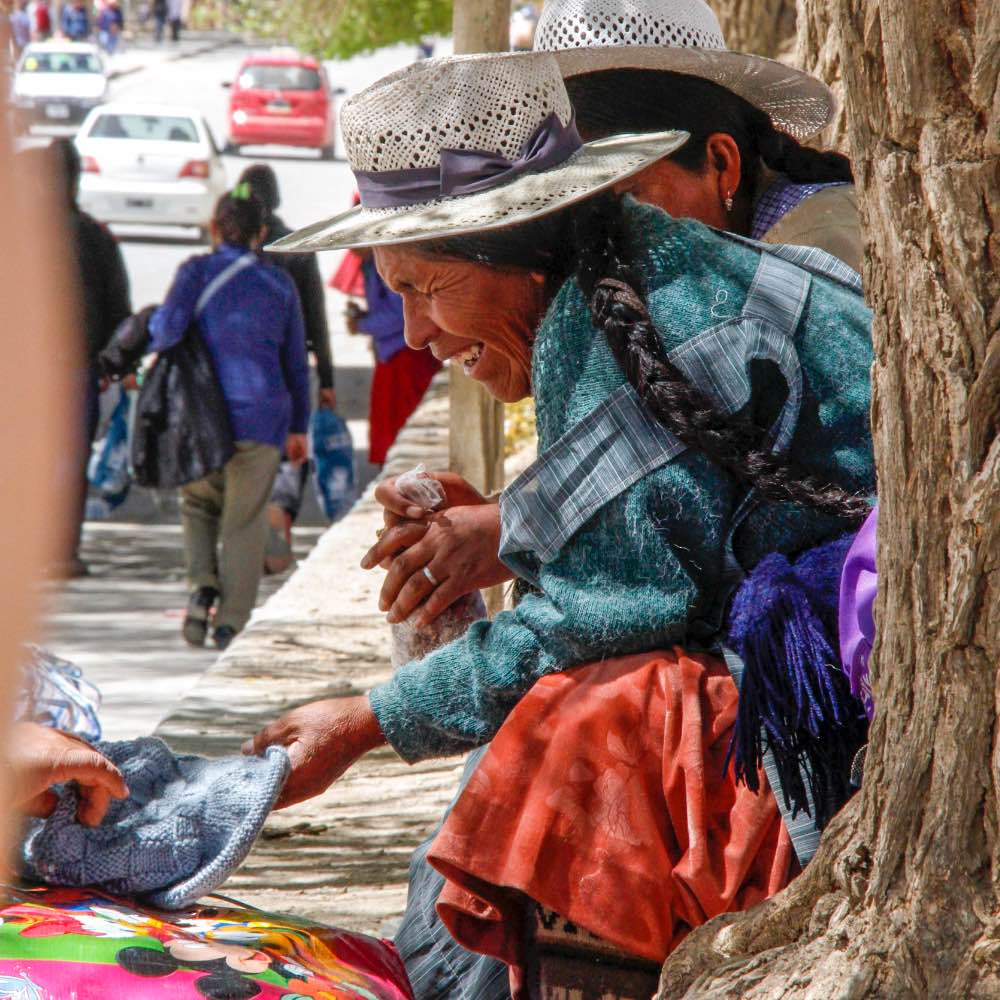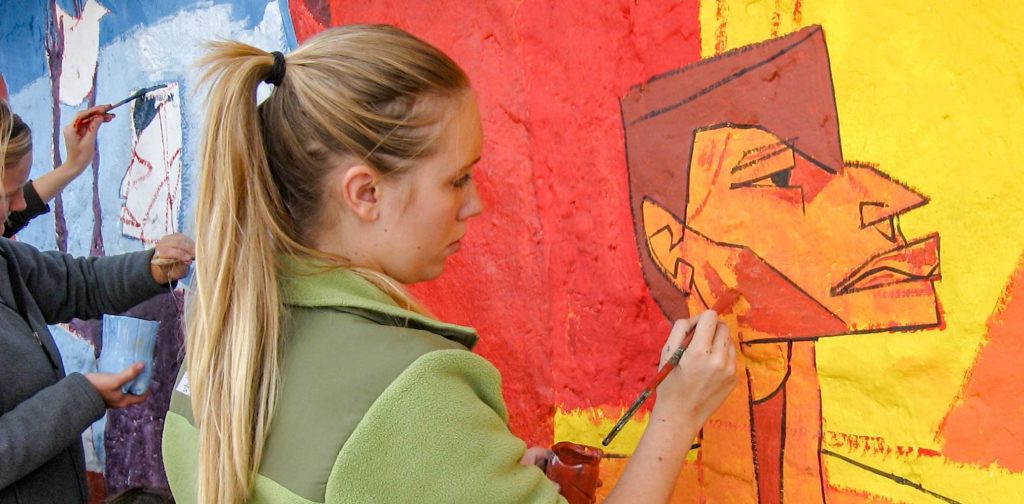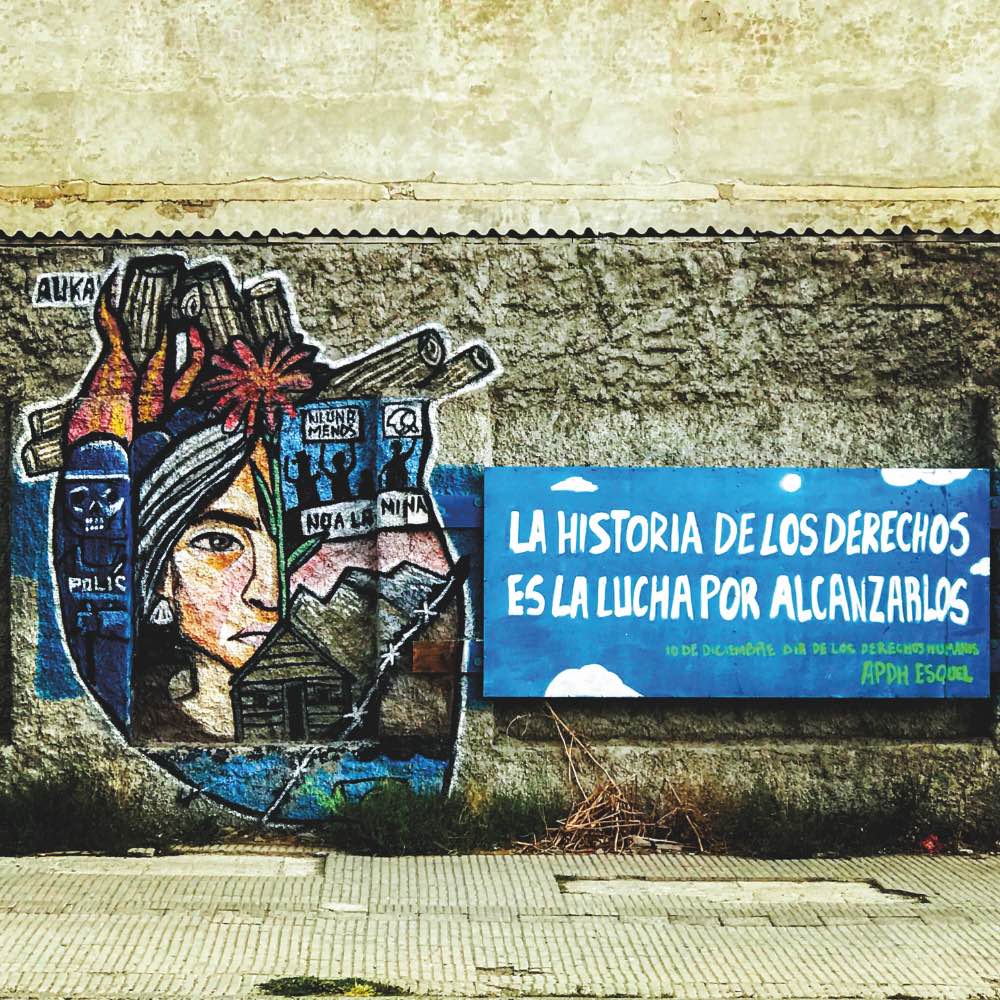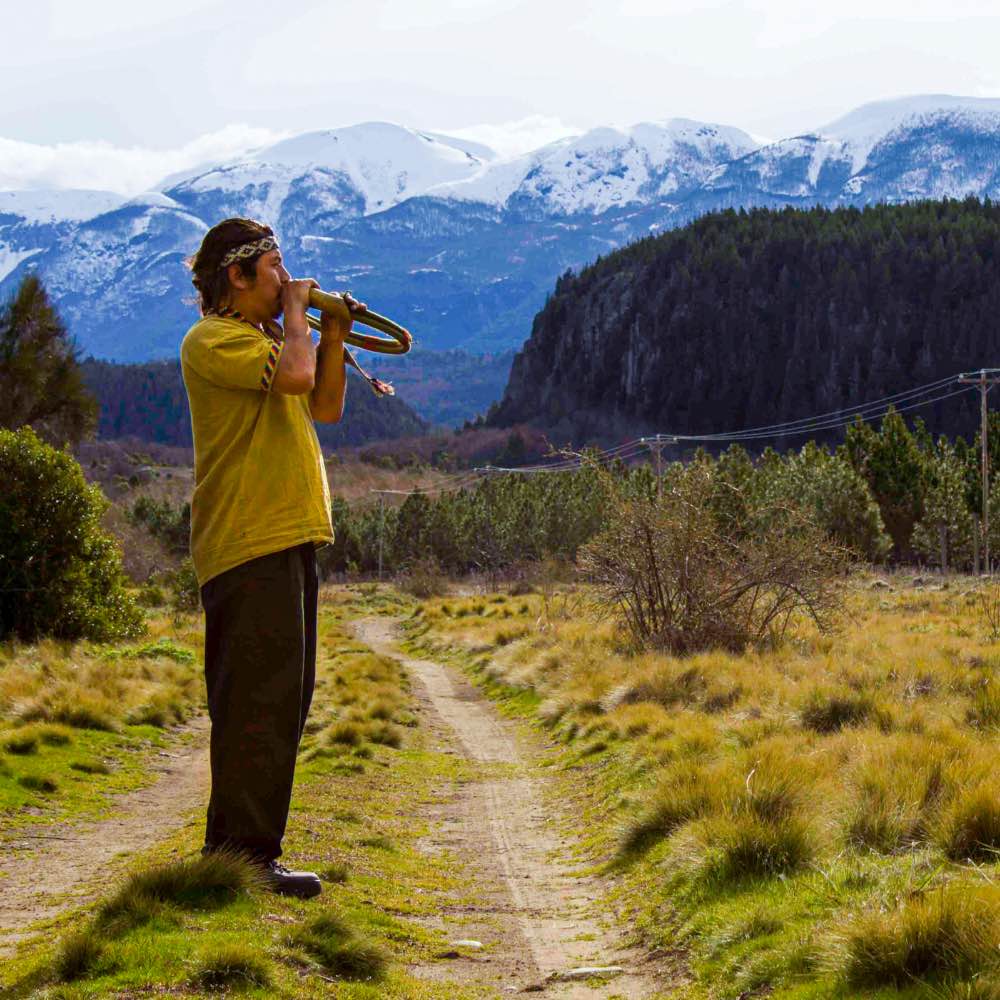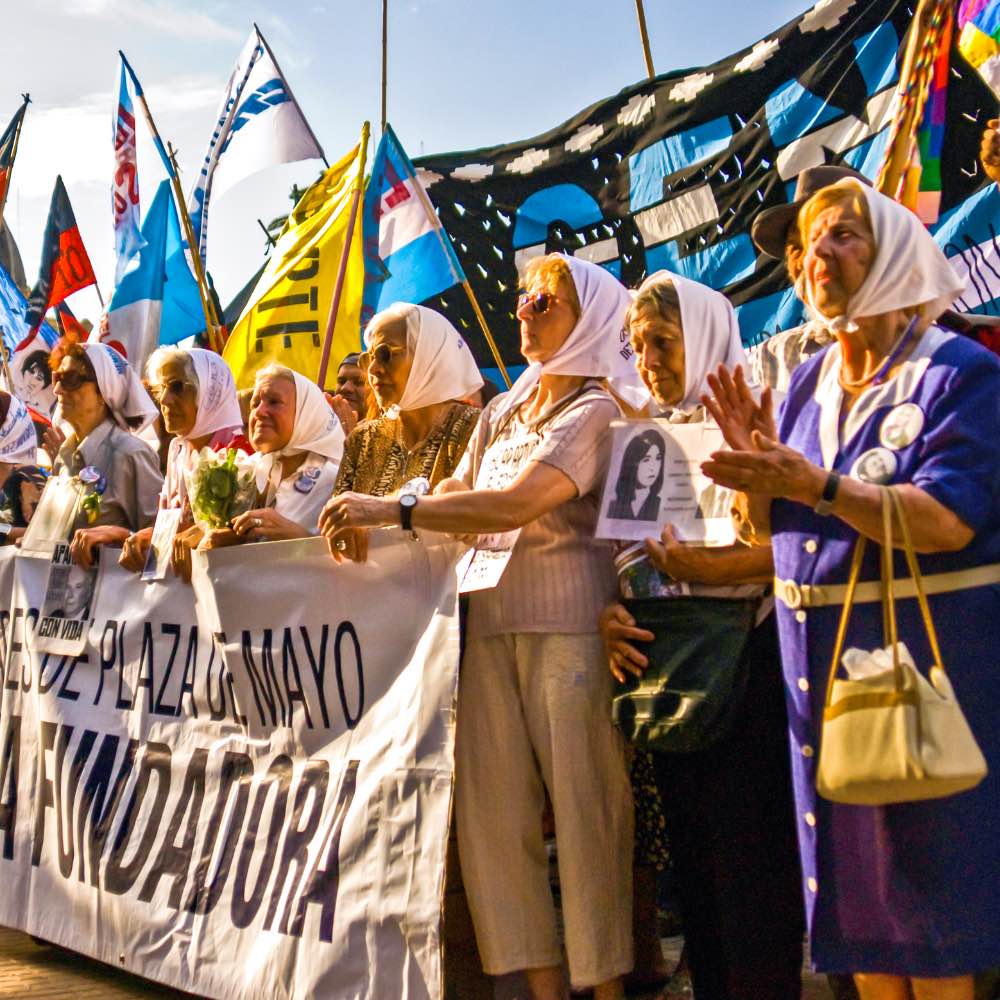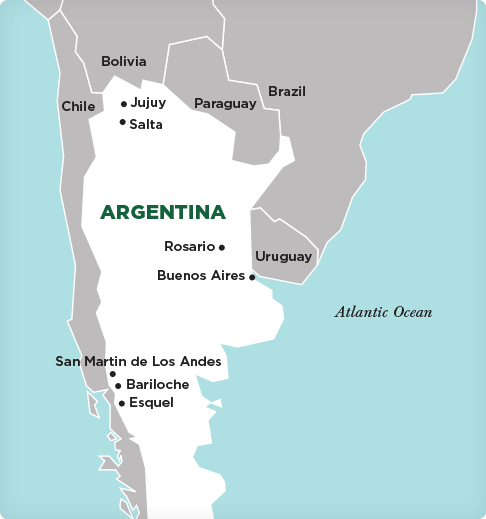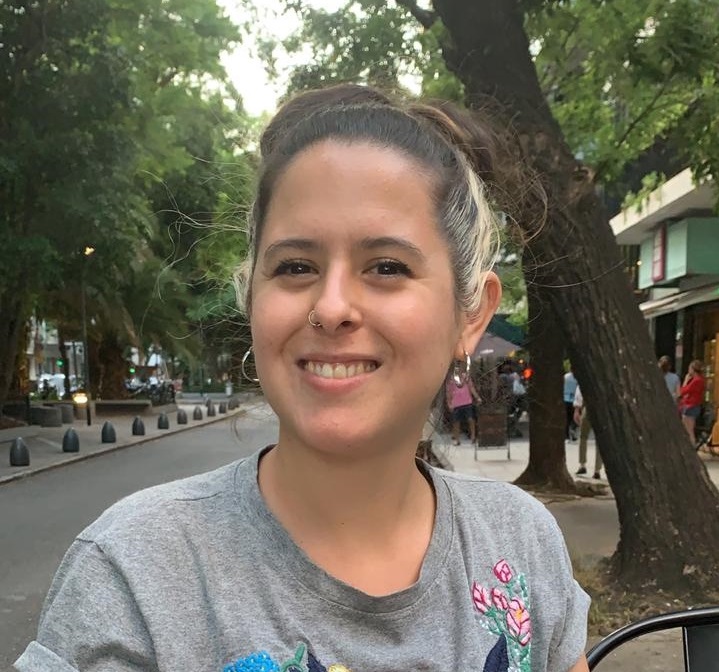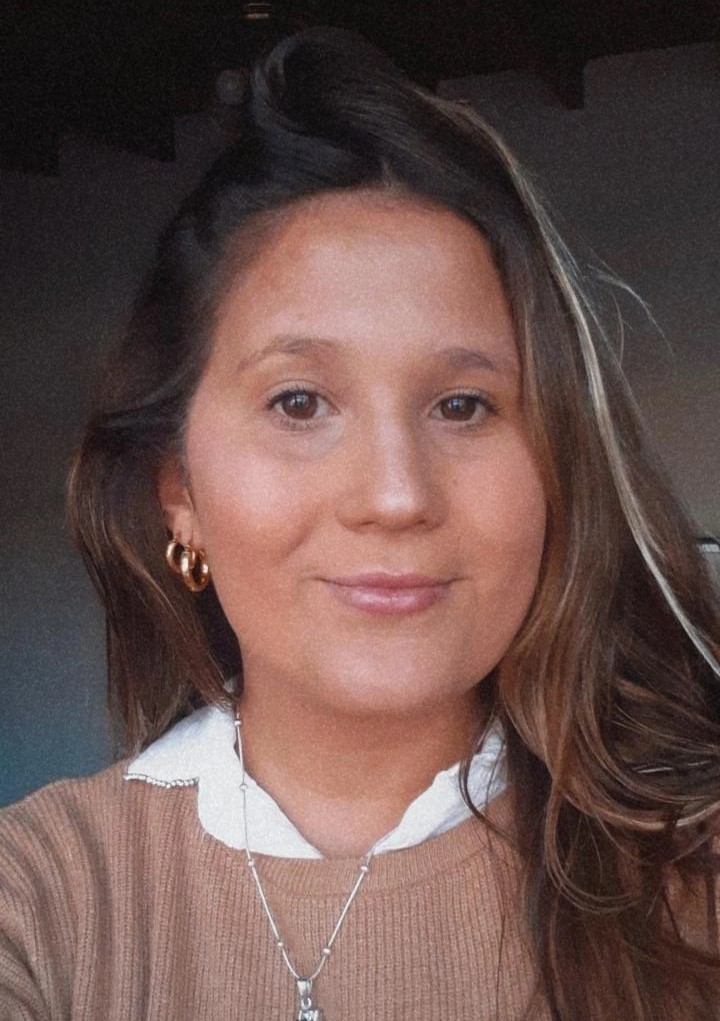Overview
Why Argentina?
Argentinians have historically shown a massive response of activism and mobilization in times of crisis. Studying in Argentina represents a unique opportunity to witness how social change and political unrest can assume different forms through social organization, direct actions, collective imagination, and advocacy strategies. Buenos Aires, the vibrant city where the program is based, is the heart of this eclectic collection of social movements and organizations.
During your semester, you will be guided to learn about the most relevant issues on the current human rights agenda from an intersectional approach. You will have the opportunity to discuss these issues with referents from human rights organizations and social movements, such as environmental, Afro descendant, migrant, feminist, indigenous, and LGBTQIA+ activists. Using a decolonial and critical perspective, you will navigate the interconnection between theory and practice to reflect on possible alternatives and strategies to the most pressing sociopolitical and economic issues that our societies face, in Argentina and around the globe.
This program will lead you around most regions of Argentina, from Patagonian provinces in the south (Río Negro, Neuquén, and Chubut), to the Northwestern region (Salta and Jujuy), passing through the Province of Santa Fe. You will analyze the specificities of the socio-economical model, the experiences of struggle in these territories, and their articulation within the national human rights agenda. Here you will meet rural families trying to maintain their livelihoods, and indigenous communities organizing to preserve their territory, identity, and natural resources. As the human rights agenda emphasizes environmental concerns, you will have the opportunity to visit environmental organizations in Buenos Aires, Patagonia, Jujuy, and Santa Fe. These excursions are unique opportunities to witness how different organizations with similar demands articulate and fight for their rights.
You will also have the opportunity to develop your Spanish language skills through 45 hours of classroom learning in the prestigious Universidad Nacional de San Martín, along with cultural immersion, homestays, and excursions.
Highlights
- Learn about organizations’ creative care strategies developed in response to current events.
- Explore dynamic social movements through a deep theoretical framework and dialogue with academic experts and activists.
- Witness how grassroots organizations fight for human rights and social justice on multiple levels.
- Visit Patagonia, Litoral, and the Argentine Northwest to learn about campesino and indigenous communities.
- Hone your Spanish through homestays, classroom and field instruction.
Prerequisites
Previous college-level coursework or background in social work, political economy, development studies, or Latin American studies, as assessed by SIT. Three recent semesters of college-level Spanish or equivalent and the ability to follow coursework in Spanish, as assessed by SIT.



